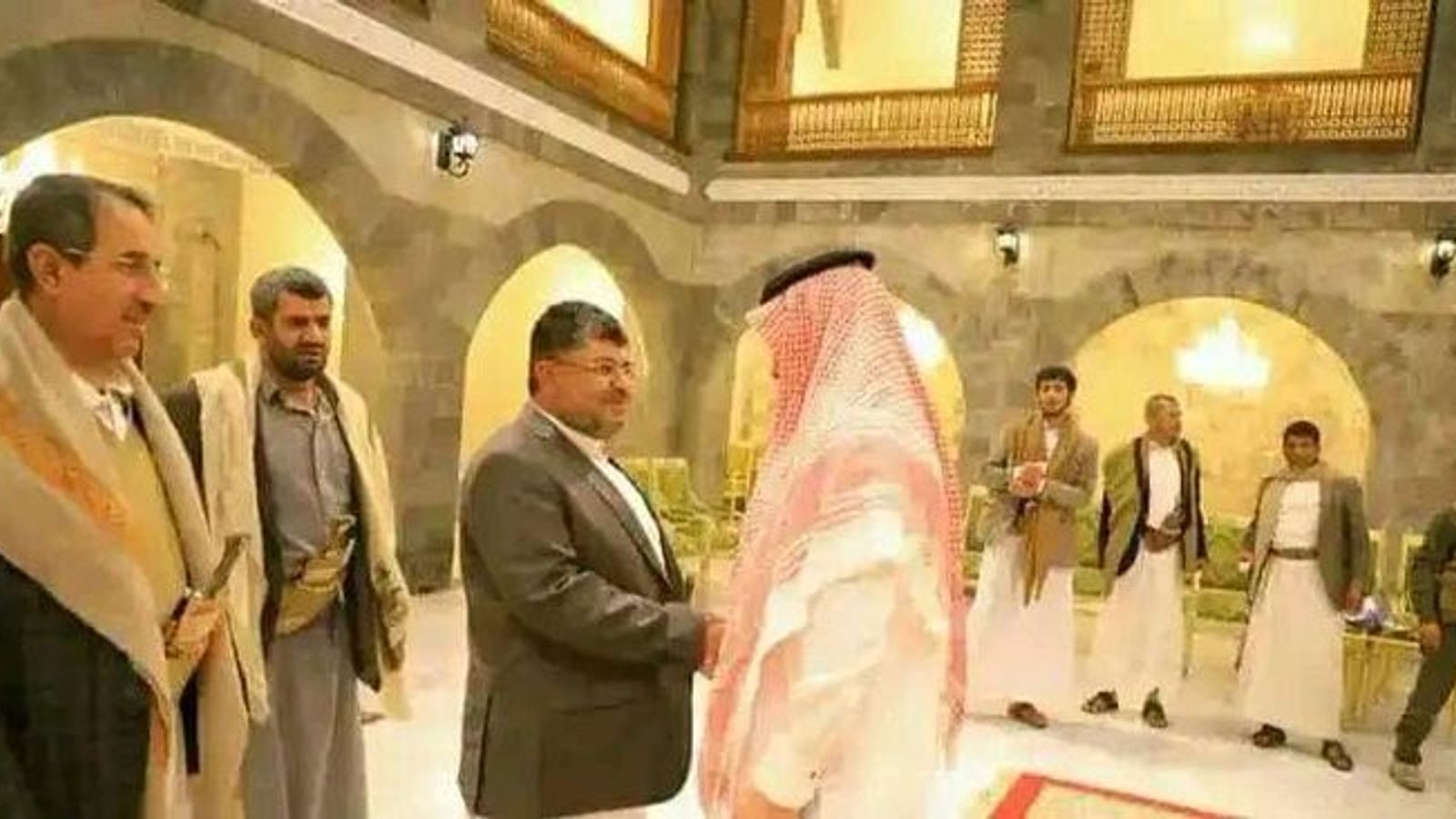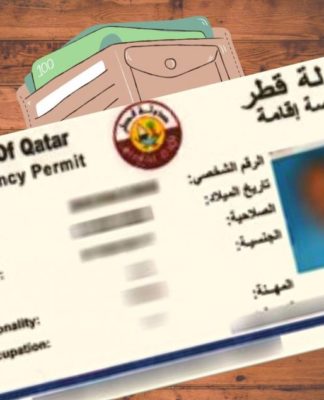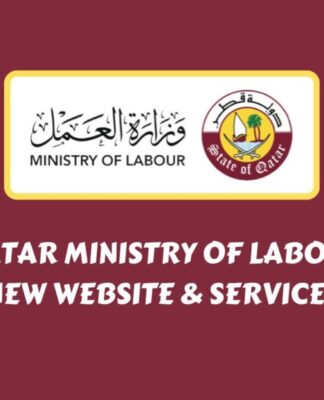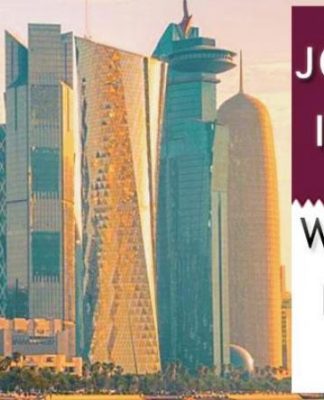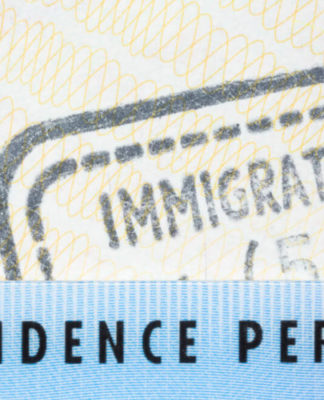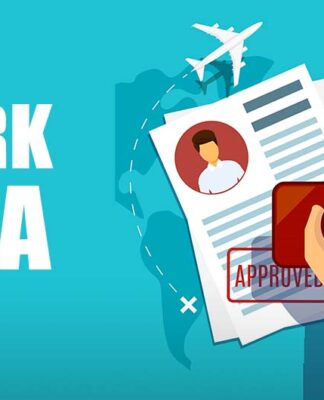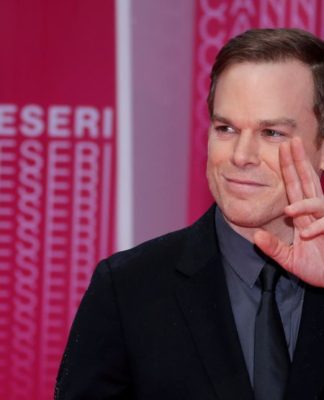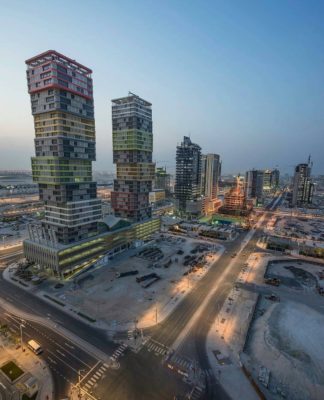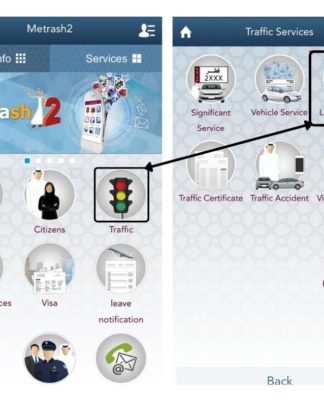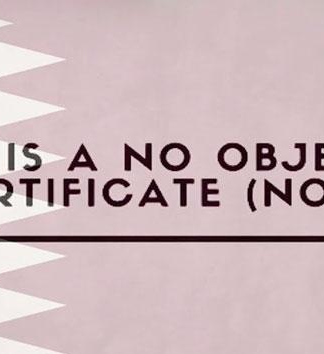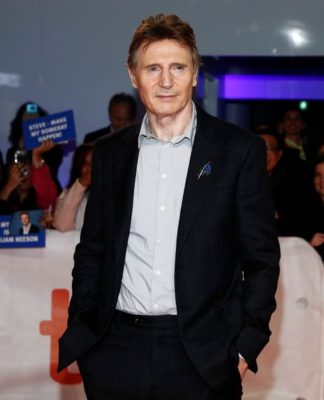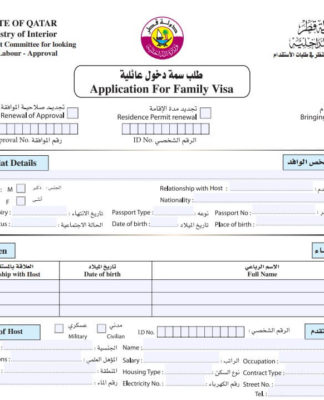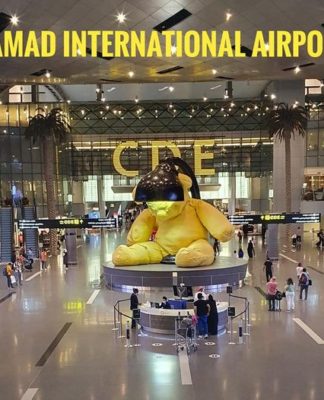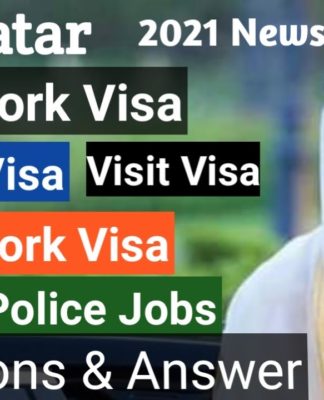Analysis
Victims of Yemen’s tragic proxy war deserve justice now there is genuine hope for peace
For the first time in more than eight years of war, there are real and concrete signs of peace. But as a Sky News team has discovered on the ground, this is a country broken by thousands of bombs, mines and needless deaths. And the victims of a great power proxy war deserve justice.
Alex Crawford
Special correspondent @AlexCrawfordSky
Sunday 9 April 2023 15:12, UK
Listen to this article
0:00 / 7:38
1X
BeyondWords
Audio created using AI assistance
Yemen5:24
Play Video – Sky’s Alex Crawford: Inside the world’s biggest humanitarian crisis
Sky’s Alex Crawford reports from a displacement camp in Yemen
Why you can trust Sky News
It is a moment few thought they would ever see.
And it can’t be overstated just how significant it is nor how vital for the people of Yemen.
The image of a senior Houthi leader shaking hands with the Saudi delegation in the Yemeni capital of Sanaa is a truly remarkable one, coming just a few weeks before Eid celebrations.
A photo said to show Houthi leader Mohammed Ali al-Houthi shaking hands with Saudi ambassador to Yemen, Mohammed al-Jabir, in Yemeni capital Sanaa
Image:
A photo said to show Houthi leader Mohammed Ali al-Houthi shaking hands with Saudi ambassador to Yemen, Mohammed al-Jabir, in Yemeni capital Sanaa
For the first time in more than eight years of war, there are real and concrete signs of peace.
And remember this is a war which has been largely fuelled by powerful countries outside of Yemen, not just Saudi Arabia and its coalition of allies – which include Britain, America and the United Arab Emirates – but also Iran, which has been accused of supplying funds and weapons to the Houthi rebels.
The idea of direct peace talks between the key regional powers Saudi Arabia and Iran, who have been at the centre of perpetuating the fighting and killing, is a mouth-watering prospect and oozes optimism.
It is a start. A genuine, hopeful beginning.
What is happening in Yemen?2:58
Play Video – What’s happening in Yemen?
Sky’s Alex Crawford explains what is happening in Yemen, and who is fighting who
There are miles and miles of negotiations and diplomatic manoeuvrings to go but to reach this point is a tremendous fillip for Yemenis who have seen this war plunge their beautiful and naturally resource-rich country into one of the world’s worst humanitarian crises.
The Omanis have been facilitating talks to try to end the war for many years and there have been urgent and consistent efforts by the United Nations, too.
Finally, the tough footwork and toiling away behind the scenes appears to have paid off.
A truce agreed last April, then extended until October, then NOT renewed, now seems to be edging towards what is desperately needed – a permanent ceasefire and an end to hostilities so they can finally begin to rebuild this shattered country.
But what a challenge they have.
We were the first foreign journalists inside the country after Iran and Saudi Arabia signalled their intention to renew diplomatic ties and we saw first-hand the scale and volume of the challenges ahead for Yemen.
Image:
Sky News’ Special correspondent Alex Crawford
A blockaded, broken and battered country – starving bit by bit
We crisscrossed the country trying to get as rounded a view as possible of what was going on inside Yemen right now.
And most of it is tragic, heartrendingly sad and entirely unnecessary.
It is not easy to get around with a network of different warring groups, militia and political parties in control of various parts of the country. There are multiple armed checkpoints which have to be negotiated to get anywhere.
There are thousands and thousands of mines and undetonated explosive devices scattered in the countryside and left behind in once-occupied homes.
There are shattered, bombed and broken buildings and infrastructure everywhere and most devastatingly, there is grinding, strangulating poverty affecting almost all of the population.
A blockade on the ports and naval bases by the Saudi-headed coalition has crushed the country and her population – slowly starving an entire nation bit by bit.
By taking control of the north of the country including the capital Sanaa, the opposing Houthis and their Iranian backers now control about two-thirds of the population and impose their authority with a heavy-handed authoritarianism.
There is overall what can only be described as a functioning anarchy – where on the surface in this divided country, there appears to be a semblance of control but it’s inevitably a control by all sides of fear – control held at the end of the barrel of a gun.
So, a bad word, going down the wrong road without the required ‘permissions’ – or a video blog on a social media platform – can end up in an immediate shooting, beatings, torture or a long jail term.
Yemenis have been living for years with Saudi jets flying overhead at will, sometimes dropping bombs, sometimes not.
The jets can fly and terrify or worse. They can fly and strike – hitting schools, homes, and wedding parties – baby produce factories have even been hit in the past.
Yemeni people inspect a damaged building at the site of a Saudi-led air strike on Sanaa. Pic: AP
Image:
Yemeni people inspect a damaged building at the site of a Saudi-led air strike on Sanaa. Pic: AP
Petrol station destroyed after it was targeted by Saudi-led airstrikes on the outskirts of Sanaa. Pic: AP
Image:
Petrol station destroyed after it was targeted by Saudi-led airstrikes on the outskirts of Sanaa. Pic: AP
Victims of ‘war crimes’ deserve justice
Our Sky News team has investigated these random air strikes, particularly the bombing of a household in a remote village called Washhah in the Hajjah governorate.
We tracked down all of the remaining survivors and graphically reconstructed the house. We confirmed who was inside the house and where they were at the time of the strike.
We spoke to multiple eyewitnesses and examined the site of the bombing ourselves – seeing children’s toys and baby clothes strewn among the debris.
The women and children of the Mujali family were preparing for lunch when the bomb landed. It killed nine people instantly – six of them children.
The Coalition initially said it was a Houthi rebel hideout with fighters present.
We found completely the opposite.
It was an extended family lunch and there were no adult males there at all and no evidence of any weapons on site.
Read more:
Inside Yemen’s forgotten war
Analysing a ‘war crime’
Instead, we wrote at the time of our visit: “We found shrapnel from the bomb still littering the site. Neighbours and relatives who immediately gathered on our arrival showed us pictures they took on their telephones immediately after the explosion.
“Many of them were the blackened and grubby faces of the dead children, many without limbs, some barely recognisable as humans.
“They also had photos of bomb fragments – with identifying marks.
“Several weapons experts we consulted told us the fragments seem to be part of a GBU-12, 500lb fin-guided bomb, manufactured in America.”
After our report went out, the United Nations led an investigation using much of our gathered evidence and months later the Saudi coalition issued an apology for what they said was a technical error in identifying the house and a mistake.
But there will be a huge body of people in Yemen who want justice for these deaths – as well as those caused by the rebel Houthi militia, who are also accused of war crimes and thousands of ‘disappearances’ of people, as well as extra-judicial executions.
Peace, everyone hopes, is coming.
But there will not be real peace until the tens of thousands of Yemenis who have suffered so much see some justice.
What happens next?
There will also need to be some agreement on how the country is run with at least two authorities claiming control at the moment – the internationally-recognised government, which is operating in exile only with the support of the Saudi-led coalition – and the Houthis who run the north with their Iranian support.
There are also separatists who have the backing of the UAE and want to carve out territory for themselves.
What happens to the huge amount of weapons and bombs which have flooded into the country to help the fighting groups?
Can the warring parties be persuaded to give them all up?
What about the huge number of people – including many children – who have lost limbs through mines still hidden all over the country? It could take a decade to find them all, even with concerted specialised help from outside.
And the poverty? Lifting of blockades will naturally help but it will take years to filter through to the most vulnerable and worst hit.
The latest peace talks are a fantastic opportunity and a giant leap forward but the challenges are varied and considerable.
And the rich, foreign powers who used Yemen as their fighting ground for a proxy war are going to be under much pressure to help put the country back together again.
Reporting by Alex Crawford, Special Correspondent and Zein Ja’far, Middle East Editor.
Related Topics
Iran
Saudi Arabia
United Arab Emirates
Yemen














